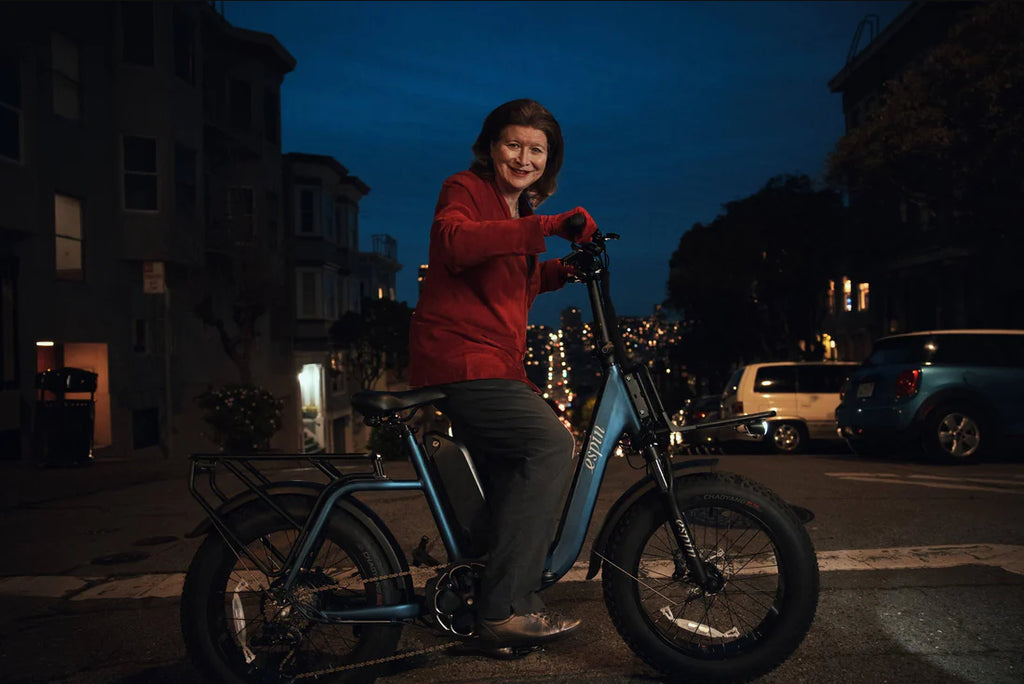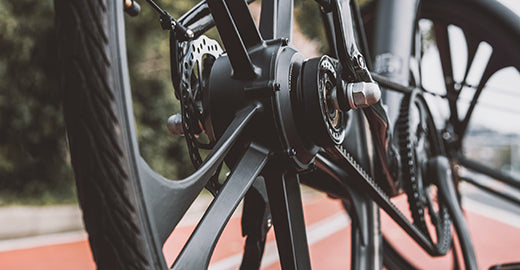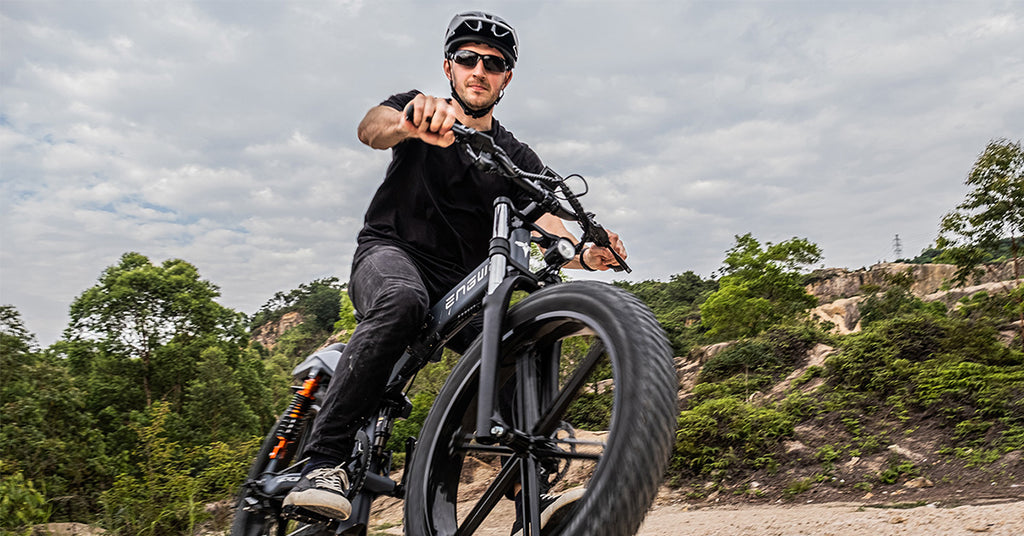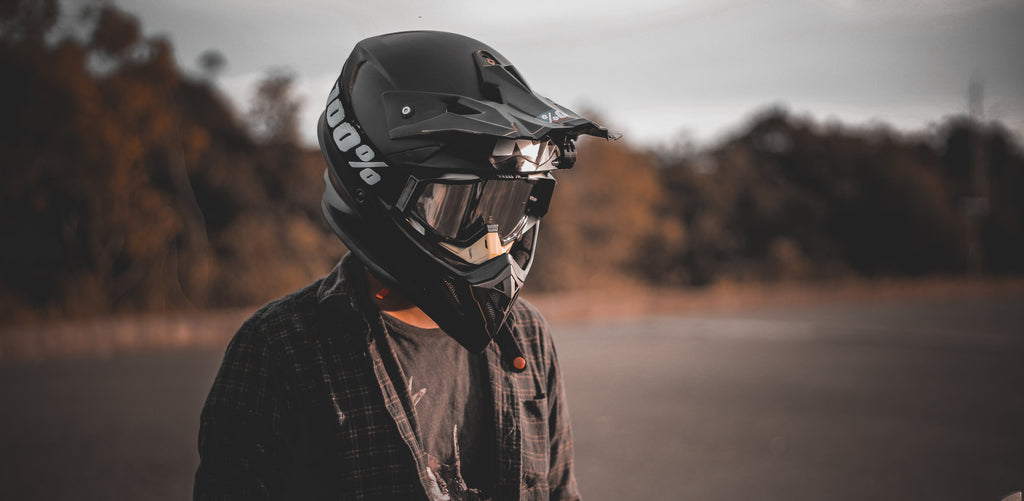Learn More about E-Bike Speed and Range
Posted by MET RIDERS

Comprehensive Guide to E-Bike Batteries
Posted by CONNIE SMITH

Comprehensive Guide to E-Bike Batteries Comprehensive Guide to E-Bike Batteries Battery Types and Sizes Size Matters: Battery capacity, measured in Watt-hours (Wh), is crucial in determining an e-bike's range and power. Larger battery capacity implies extended range and enhanced power. A rule of thumb is that a 250Wh battery suits flat cruising, while a 750Wh battery is ideal for those requiring better acceleration and climbing performance, especially heavier riders. Structure is Crucial: The battery's structure (chemical composition) directly affects its performance. While lead-acid batteries are inexpensive, they are heavy and have a short lifespan. In contrast, lithium-ion batteries, being lightweight,...
E-Bike Motors: Enhancing Your Cycling Experience
Posted by MET RIDERS

A Comparison of Step-Through and Step-Over Frames
Posted by CONNIE SMITH

Introduction In the world of bicycles, choosing the right bike involves more than just considering color and aesthetics; it's closely tied to the type of frame you opt for. Step-Through and Step-Over, the two primary frame types, present a common dilemma for everyday cyclists. This article delves into the distinctions between these two, aiming to provide insights to help you make an informed decision when selecting a bicycle that suits your needs. Fundamental Differences Between Step-Through and Step-Over Bike Frames Step-through bikes, with their simple and easy-mount design, stand out. In contrast, Step-Over bikes employ a diamond- or triangle-shaped frame,...
Analysis of Electric Bike Motors: Mid-Drive vs. Hub
Posted by CONNIE SMITH

Choosing the Right E-Bike Motor: Mid-Drive vs Hub Motor The motor is the core component of an electric bike (e-bike), and the choice between Mid-Drive and Hub motors directly impacts your riding experience. Whether you prioritize performance, cost-effectiveness, or easy maintenance, understanding the characteristics of these two main motor types will help you make informed purchasing decisions. Introduction to Motor Types: Mid-Drive Motor: Location: Positioned in the center of the bike, between the front and rear wheels. Operation: Generates torque by connecting to the crank arms and pedals through a rotating shaft. Advantages:Low center of gravity for easier handling. Central...
Are electric bikes the future of commuting?
Posted by CONNIE SMITH

As urban landscapes evolve and the call for sustainable transportation grows louder, electric bikes (E-Bikes) are at the forefront of reshaping the future of commuting. Let's delve deeper into this transformative topic and uncover how electric bikes are not just changing but enhancing the way we navigate our daily journeys. A Sustainable Drive into Tomorrow The surge in electric bikes' popularity is intricately linked to the demand for sustainable transportation solutions. Serving as champions of green mobility, E-Bikes boast low carbon emissions and efficient energy use, contributing significantly to the creation of a more sustainable urban transport system. Healthy Riding,...
All Things About All Terrain ebikes
Posted by MET RIDERS

Electric Bike Insurance Demystified: Navigating Regulations and Considerations
Posted by CONNIE K

Guide to U.S. Electric Bike Regulations: Understanding the Rules for a Smooth Ride
Posted by CONNIE K

If you are passionate about electric bikes (eBikes) or considering joining this rapidly growing community, understanding the U.S. regulations surrounding eBikes is crucial. This guide provides a comprehensive overview of the current regulations in the United States, offering clear legal guidance for both experienced riders and beginners. Analysis of Electric Bike Classifications: Different states in the U.S. adopt various eBike classifications, primarily divided into three categories: Class 1, Class 2, and Class 3. Class 1: Maximum speed of 20 miles per hour, requires pedaling for assistance. Class 2: Equipped with a throttle, assistance stops when reaching 20 miles per hour....



